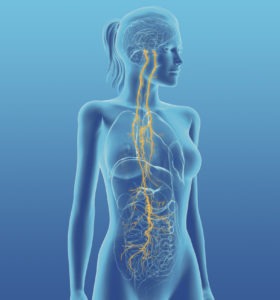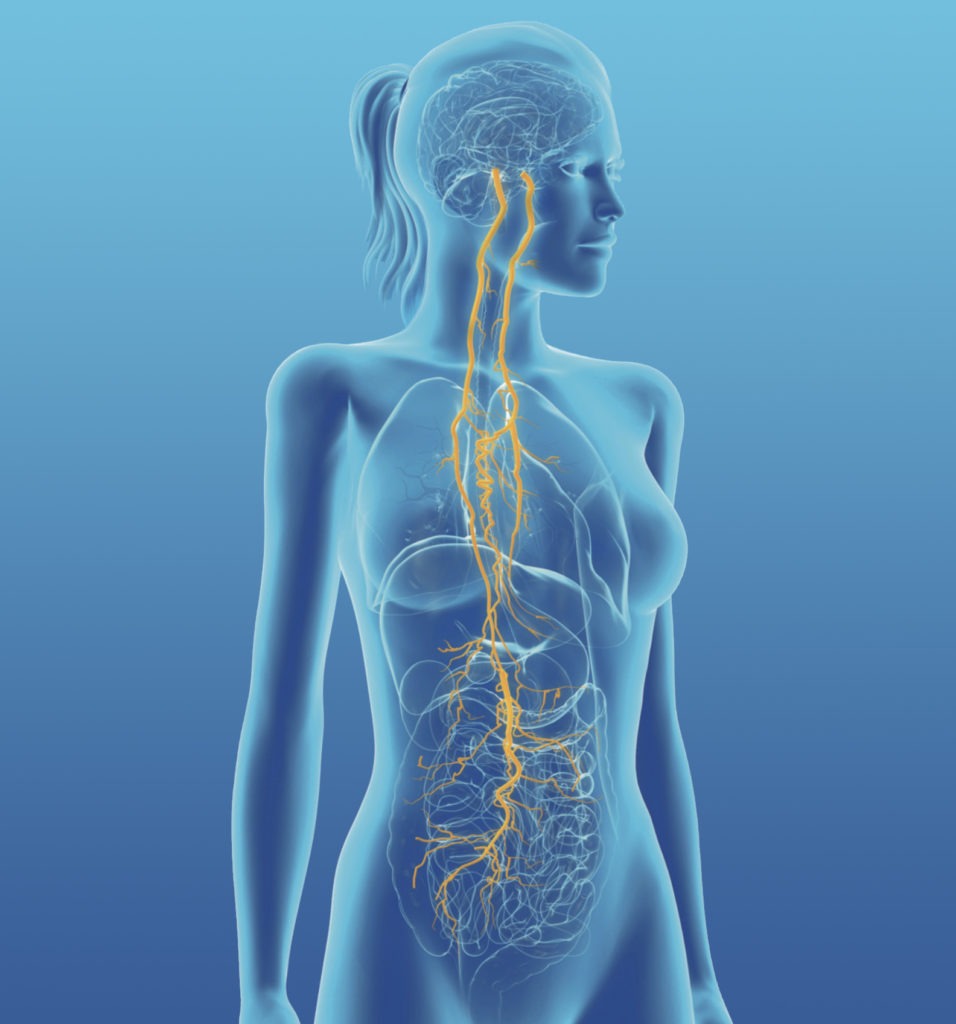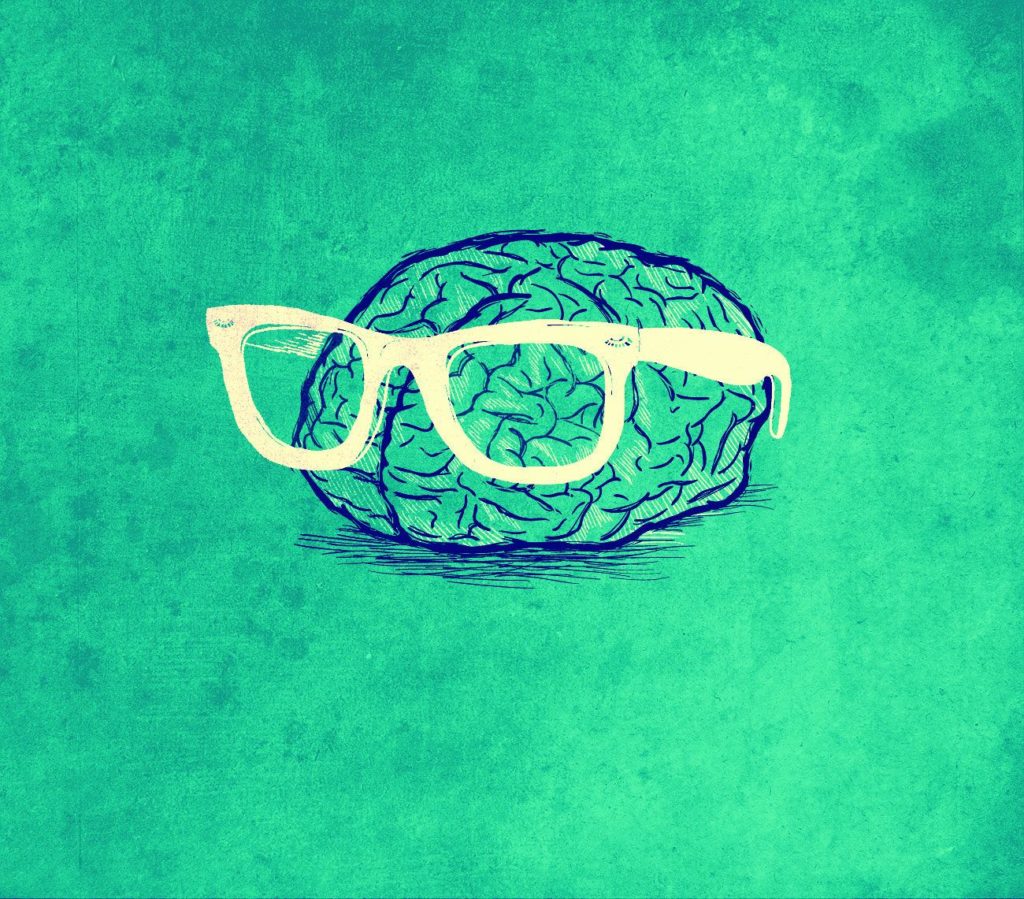
Let’s Connect These Dots to Be More Vibrant!
- 4 min read
The foods we eat has a direct impact on our health.
Healthy eating will slow down our aging, boost our immune system, lower inflammation throughout our bodies, help raise our resistance to breast cancer, all while making our hair shinier and our skin more radiant.
A diet rich in low glycemic fruits and antioxidant-packed vegetables helps us sleep better and improves all our cognitive functions.


We are hearing about a new health-related term, the gut-brain connection. What is the gut brain connection and how is it related to the aging brain?

We are hearing about a new health-related term, the gut-brain connection. What is the gut brain connection and how is it related to the aging brain?

The best “brain foods” to help your brain, and you, function at your most vibrant. Based on the latest researchand listed in rough order of importance.

Telomeres are protective endcaps on the threads of our DNA. Proper diet can strengthen and lengthen telomeres for cognitive function and every cell.







Here are some topics we will cover in this self-paced course:
● Recognizing Ageism
● What Exactly is Vibrant Aging™?
● What Are the Physical Aspects of Aging Vibrantly?
● How to Keep Our Brains Humming
● Healthy Food Choices for Living Vibrantly
Learn more about this FREE Introductory Class, Vibrant Aging™ 101.




